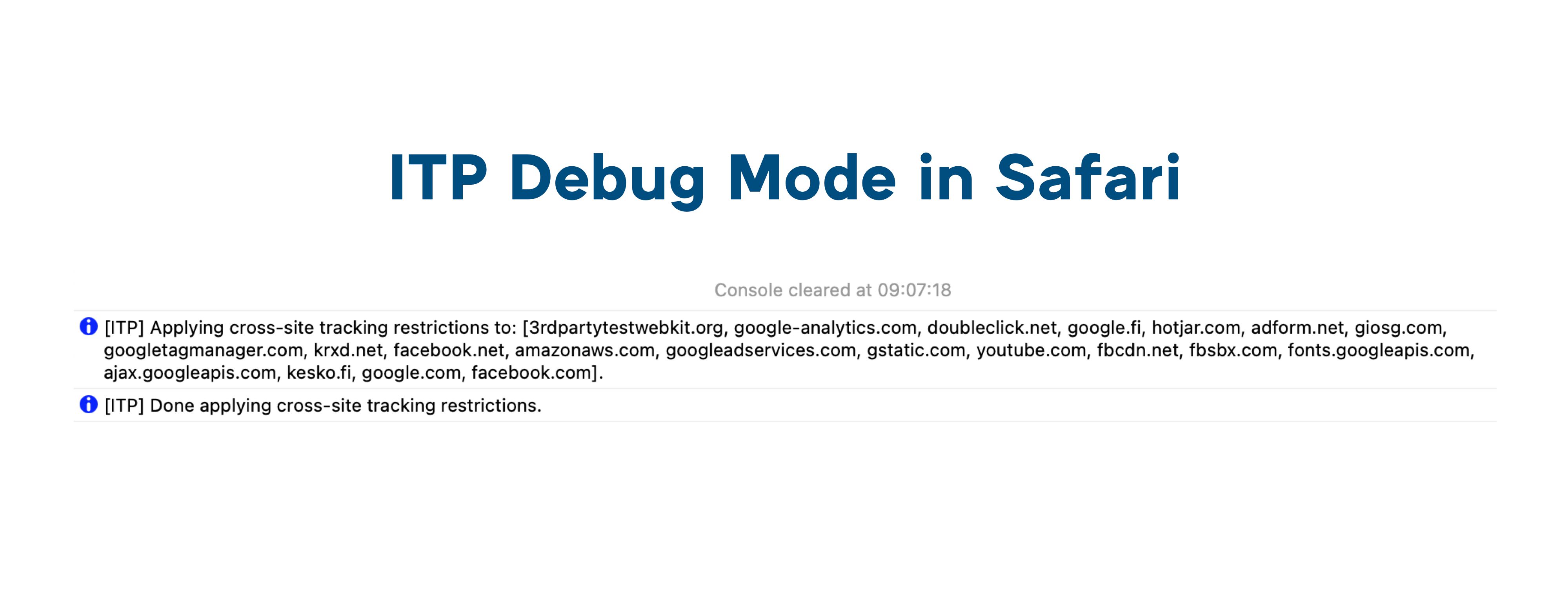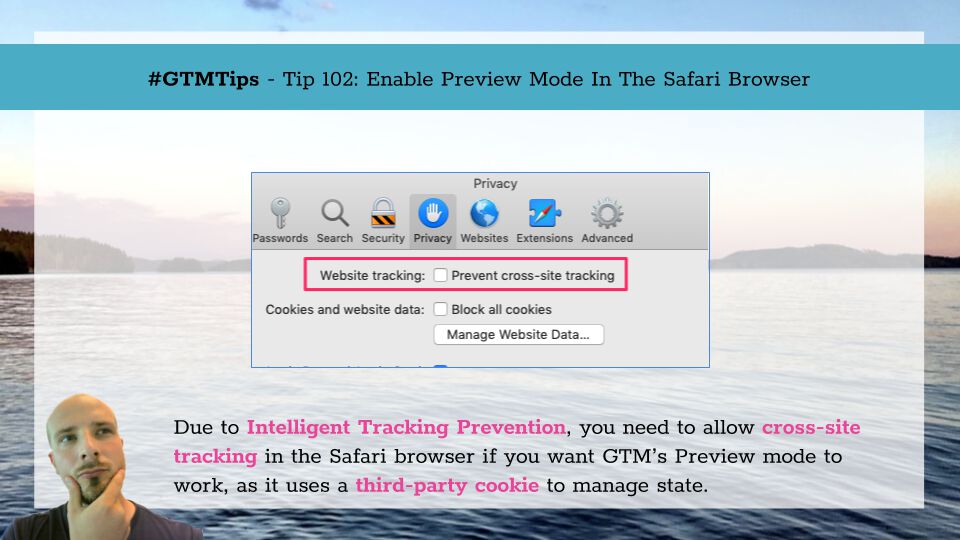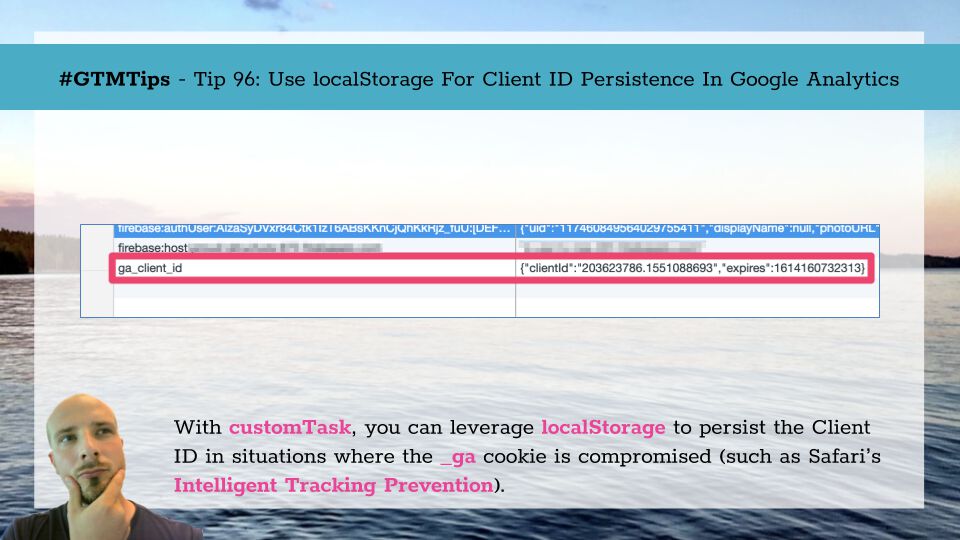Intelligent Tracking Prevention is the name of the tracking prevention mechanism implemented in WebKit and enabled in Safari and all major browsers running on the iOS platform. I’ve written about it on this blog, and the CookieStatus.com resource is something you should bookmark for further reading.
The purpose of ITP is to prevent tracking tools’ access to data stored and processed in the browser. This involves things like blocking all third-party cookies and restricting the lifetime of first-party cookies.





